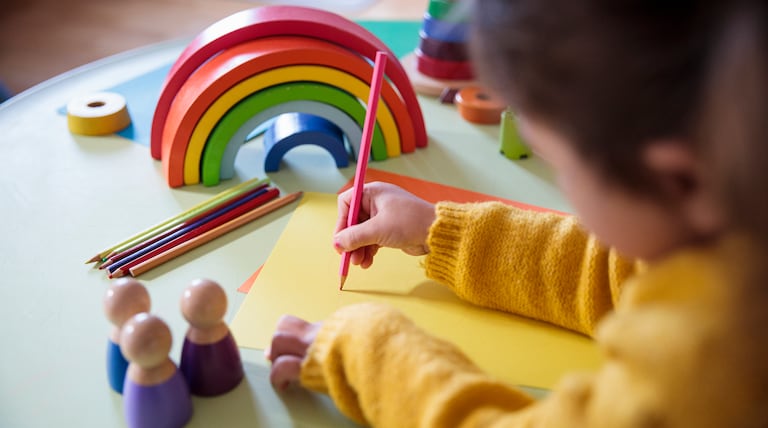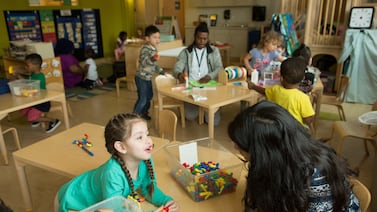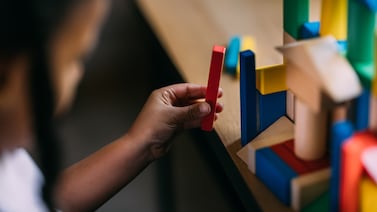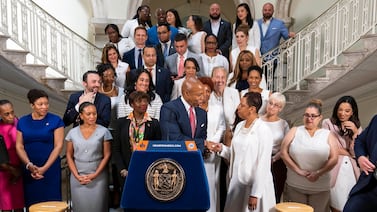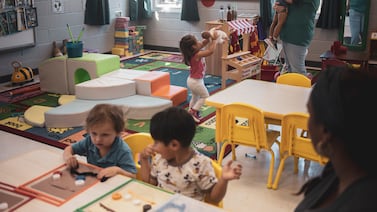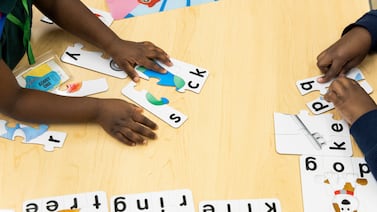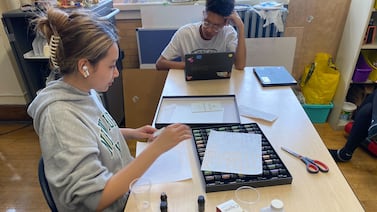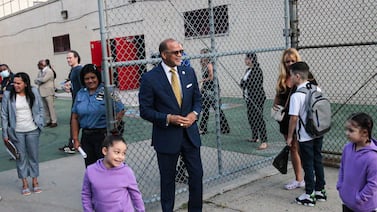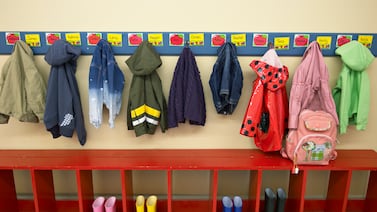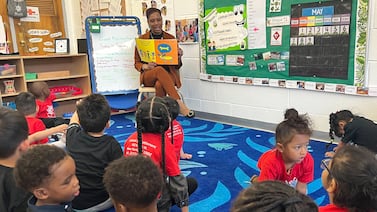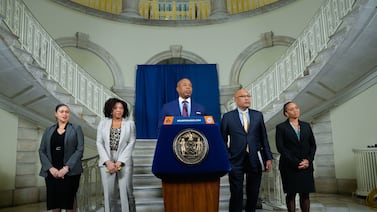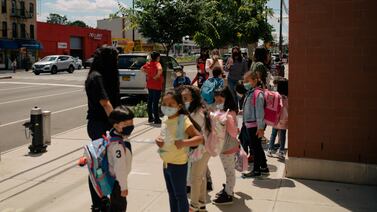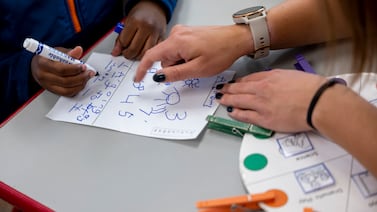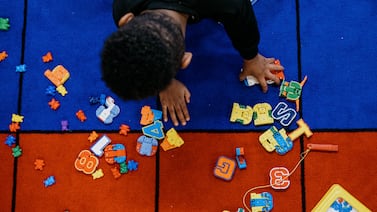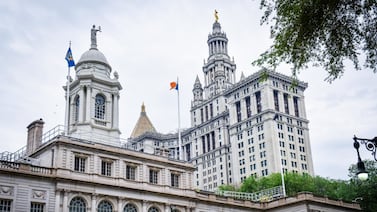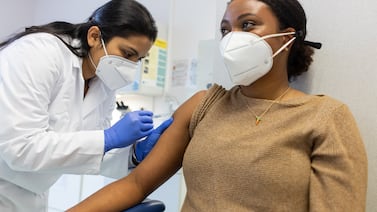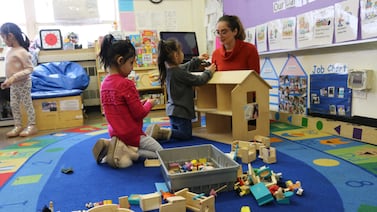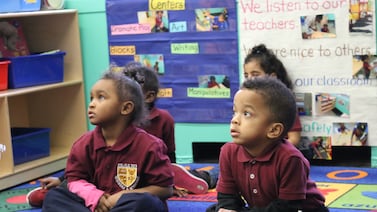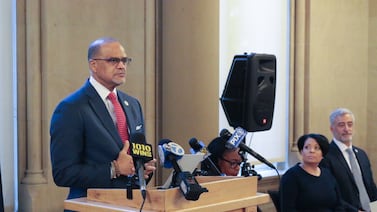Early Childhood
The programs offer free educational programming to the city’s 3- and 4-year-olds, but have suffered from enrollment declines and the fiscal challenges facing the city.
A new lawsuit against NYC’s health and education departments raises the question: Who’s responsible when the city fails to provide Early Intervention services?
NYC officials announced a budget agreement that restores funding to a slew of programs that were on the chopping block.
The battle comes four years after the city boosted teacher pay in community-based programs to match their public-school counterparts.
Programs have long struggled to provide all children with the services they need, as they are legally required to do.
This year’s offer data shows very little change in racial and economic diversity, particularly for high school, despite seeing the biggest admissions changes.
The decision to start the new school year with steady budgets, however, doesn’t mean schools are completely immune from cuts.
Mayor Eric Adams has proposed ending Promise NYC, which has provided free child care to 600 undocumented immigrant children.
City Council Speaker Adrienne Adams blasted the mayor’s approach to early childhood education, describing the system as “broken” and “in full crisis mode.
Two-thirds of that cut, or about $650 million, is the result of Adams’ decision to reduce the city’s contribution to the education department.
The education department’s spending per pupil has increased by 46%, in large part due to the billions in federal COVID aid the district received as enrollment has dipped.
The study comes after Mayor Eric Adams decided earlier this year to pause the expansion of the preschool program for 3-year-olds as planned under former Mayor Bill de Blasio.
The gap in services is particularly acute in the Bronx, where more than two-thirds of children did not receive all of the therapies they could have.
The office’s creation comes as the education department’s own early childhood office has faced intense scrutiny over the past several months under Adams’ leadership.
Monday’s announcement represents the Adams administration’s gradual unpeeling of COVID-related rules established under former Mayor Bill de Blasio.
The $10 million initiative aims to help the influx of asylum-seeking families from South America who have come to New York City over the past several months. Previously, undocumented familes were not eligible for subsized child care.
Mayor Eric Adams plans to open 800 new special education seats for New York City’s for 3- and 4-year-old children by this spring. Hundreds of kids have been waiting to get into programs that meet their needs.
As of this fall, the city had planned to open 55,000 3-K seats, but 15,000 seats are currently unfilled.
Schools Chancellor David Banks blamed problems with payments on the previous administration.

